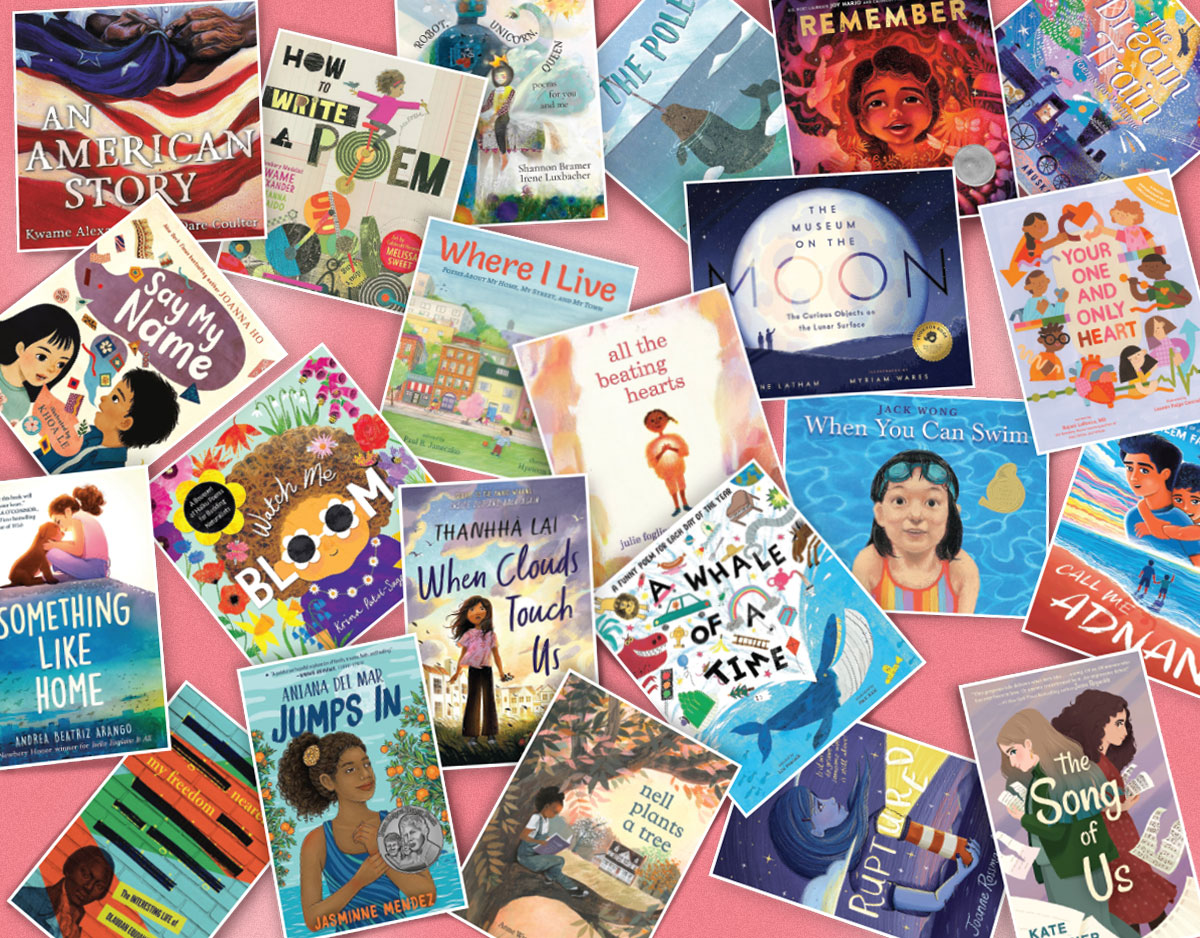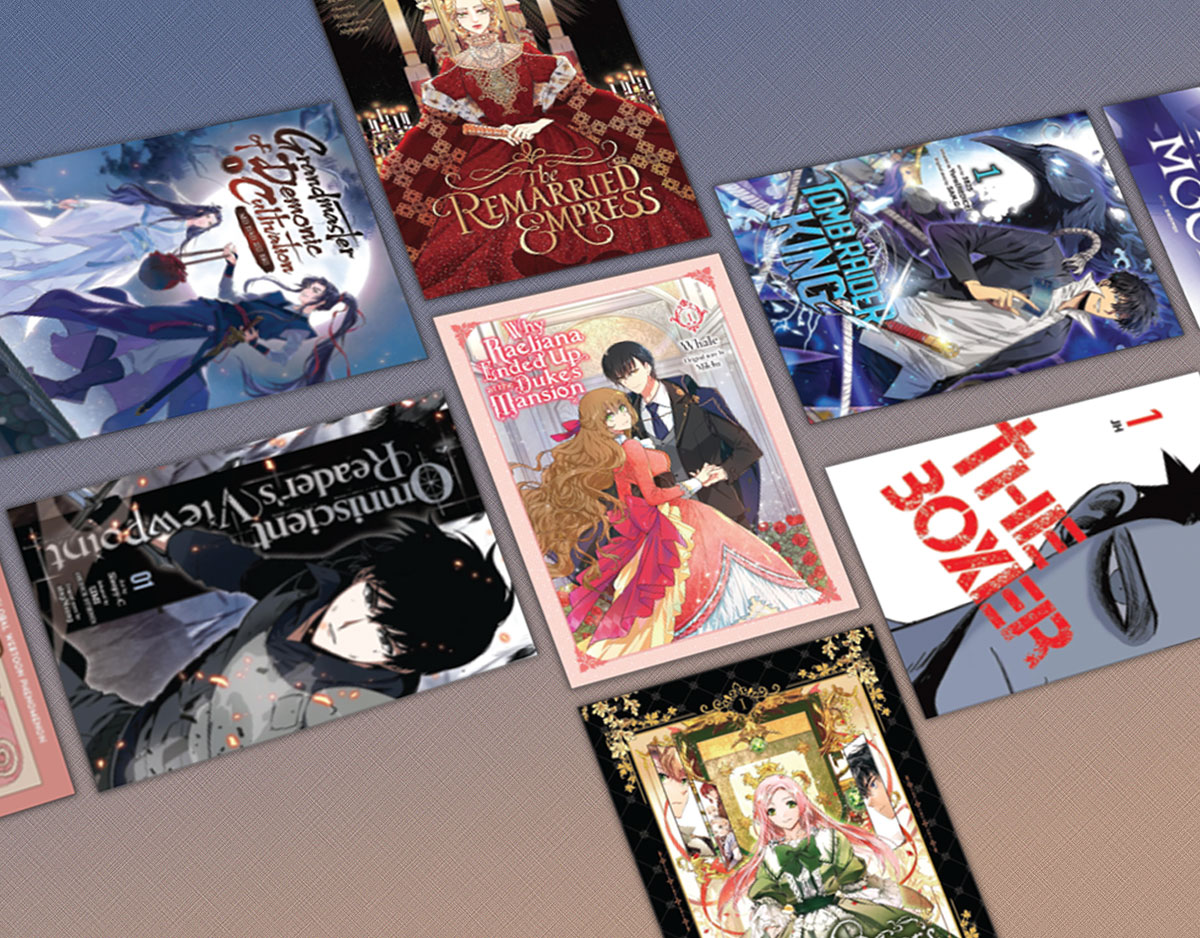SCROLL DOWN TO READ THE POST
Review: Kill Me Softly
Kill Me Softly by Sarah Cross. Egmont USA. 2012. Review copy from publisher.
 The Plot: Mirabelle has been raised by her godmothers, Elsa and Bliss, since the death of her parents while she was still an infant. As Mira’s sixteenth birthday approaches, she decides that she wants to find out more about the place she was born and about how her parents died. Her godmothers won’t allow her to return to her birthplace, Beau Rivage, as strict about that as they are about Mira not being in a car with a teen driver, not getting her ears pierced, not being allowed to use a razor to shave her legs.
The Plot: Mirabelle has been raised by her godmothers, Elsa and Bliss, since the death of her parents while she was still an infant. As Mira’s sixteenth birthday approaches, she decides that she wants to find out more about the place she was born and about how her parents died. Her godmothers won’t allow her to return to her birthplace, Beau Rivage, as strict about that as they are about Mira not being in a car with a teen driver, not getting her ears pierced, not being allowed to use a razor to shave her legs.
Mira’s plan is to get to Beau Rivage and then . . . . What? She planned for months to get there, but now that is there, what to do? She’s too young to rent a hotel room, doesn’t want to camp outside, and is drinking lemonade after lemonade to be able to stay in the cafe of the casino Wish when she meets Blue and Freddie, two local teens, and then Blue’s older brother Felix. Blue tries to scare her away; Felix offers her a room in the casino, no strings attached.
ADVERTISEMENT
ADVERTISEMENT
Almost like a fairy tale, Mira falls for Felix and falls into a friendship with Blue, Freddie, and their other friends. Except it’s not a fairy tale. Except it is. Beau Rivage has secrets, but not the secrets Mira was looking for. Instead, it turns out to be a place where fairy tales are real. People are cursed, to be villians and heroes and victims, and this happens again and again and again. Year after year after year. There are some modern twists and turns, but the people who are raised here are well aware of the fate of those cursed.
Mira is not. Mira didn’t read many fairy tales growing up and has just a vague knowledge of them. She’s about to find out: fairy tales are more than princesses and princes. Fairy tales are dark and dangerous. Mira was born in Beau Rivage and now that’s back — what tale is hers? What role is hers?
The Good: Kill Me Softly had me at fairy tale. I was the type of child reader that read fairy tales, and as a teen delighted in discovering the real, original fairy tales. I have to say, I don’t remember there being many teen versions of fairy tales, the way there are so many nowadays. (Note how I don’t say that they didn’t exist — just that I don’t remember them!) I adore how many there are now, and I especially like how Kill Me Softly uses so many fairy tales. I also like how it works for two different types of readers: those, like me, who are familiar with the tales being referenced, and those who, like Mira herself, don’t known much beyond a general Disney-level familiarity.
As someone familiar with fairy tales, it’s fun to play “guess the story” with a side of “oh, this has to be a story but which one?” Then, to consider what it means to be born under a fairy curse, for good or bad — and to know it. To know your fate. Is it better to be protected from it, to be kept ignorant of it, like Mira? Or is it best to know from a young age your fate, like the friends she meets in Beau Rivage?
ADVERTISEMENT
ADVERTISEMENT
Ignorance: Mira’s godparents don’t tell her about her true history or Beau Rivage. Even when Mira starts learning things, there is so much to know, too much, that just finding out “fairy tales and curses are real” is not enough to grant knowledge. Even when it is, some fairy tales are specifically about questions and answers, about asking or not asking, knowing or not knowing.
Fairy tales often contain some romance; and here, I kept wanting to call this “Kiss Me Softly” because of the love triangle involved. Mira is attracted to Felix, and those feelings are strong, but she also feels something for his younger brother, Blue. Part of the reason I enjoyed this triangle was because of how true Mira’s feelings are; part is because it made me wonder how much was “real” and how much was a fated tale; and because it raised the question, can one outrun their fate?
I have a soft spot for stories about fate, in part because I don’t believe in it. So what I like best about stories about so-called fate, even when, as here, something is really, truly fated, is how there are loopholes. How things don’t always end up the way you think, even though it seems to be spelled out a certain way. Fate is like prophecies, and as the Master told Buffy, “prophecies are tricky creatures. They don’t tell you everything.” Once Mira realizes what her fate is, what can she do about it?
There are some flaws here — The Book Smugglers review, below, point them out — but I was still entertained by Kill Me Softly; and the world of Beau Rivage stayed with me after I left this book behind. I like that type of stickiness from a book.
Other reviews: Writing YA; The Book Smugglers; Book-A-Holic.
Filed under: Reviews
About Elizabeth Burns
Looking for a place to talk about young adult books? Pull up a chair, have a cup of tea, and let's chat. I am a New Jersey librarian. My opinions do not reflect those of my employer, SLJ, YALSA, or anyone else. On Twitter I'm @LizB; my email is lizzy.burns@gmail.com.
ADVERTISEMENT
SLJ Blog Network
Name That LEGO Book Cover! (#53)
Cover Reveal and Q&A: The One and Only Googoosh with Azadeh Westergaard
K is in Trouble | Review
Alternate Worlds: Exploring Disability and COVID in YA Fiction, a guest post by Bethany Mangle
The Classroom Bookshelf is Moving
ADVERTISEMENT
ADVERTISEMENT







